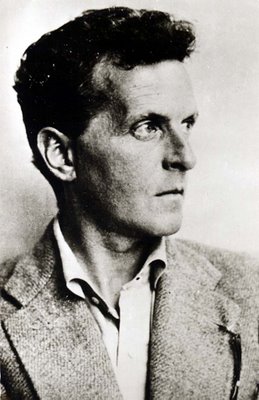Davidov left an interesting comment earlier, which I’d like to say something about. He wrote: “The theory [Peak Oil] relies on the twin ideas that this will be precipitous and that it is imminent. In other words the theory expects imminent crisis. It also assumes that the human species will find this crisis so bleak that (despite having only used oil for 100 years or so) we will be unable to adapt without great suffering. There is in particular no evidence for the last proposition.”
Yes Peak Oil – however optimistic you are on depletion rates – predicts something ‘imminent’ and ‘precipitous’. In terms of human civilisation this is epochal. Even if it takes 20-25 years to halve the amount of oil (an optimistic assessment) there is no way in which to adjust to that lower-energy future without huge pain.
The single word explaining the difference between 1850 and now is: population. There are vastly more of us, and this expansion of population has been driven by access to more resources – some in terms of higher quality crops, some in terms of integrating marginal farmland, but the vast majority in terms of fossil fuel use. We use something like ten calories of fossil fuel energy per calorie of food consumed.
Much of that energy is wasted. Some can be replaced by other forms. But that we are facing something like a 50% reduction in available energy in my lifetime seems to be beyond dispute – and that means that the sustainable population, although there isn’t a linear relationship, will also be reduced.
There are various ways in which this might happen. The four horsemen will probably take most away: war, pestilence, famine (death!) – but I also expect huge population movements.
I think Western countries will be insulated from much of the worst, at the beginning. We will see disasters elsewhere in the world first, as leading indicators (eg Rwanda).
Unless Iran gets dragged into the war, of course. In which case it’ll happen overnight. That’s probably the best that could happen to us, paradoxically enough, ie be forced to change our society whilst there is, in fact, still a cushion of fossil fuels available.
I have become more pessimistic than I was, simply because I am persuaded that a) it is happening now (look at what is happening in Saudi Arabia) – so there is no time for society as a whole to prepare, and b) the depletion rates will be comparatively high – therefore a quicker collapse.
I see twenty years of increasing warfare and slaughter ahead of us, and no possibility of release from it, until the number of people on the earth has been reduced by a quarter to a third, and the ‘engines’ of the world economy have shifted onto a non-fossil fuel basis.
This classes me as a Peak Oil optimist by the way. That is, I think that our present civilisation will be able to continue, not in materialistic terms, but in terms of continuity of memory. I don’t think we’re facing a dark age type collapse, and I think our descendants living in fifty years time will have a wonderful life. I just think we’re going to suffer before we get there.
Truly, that makes me an optimist.








